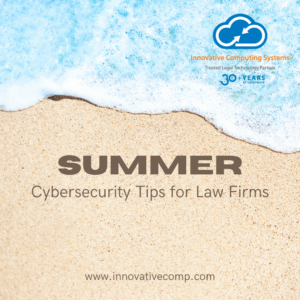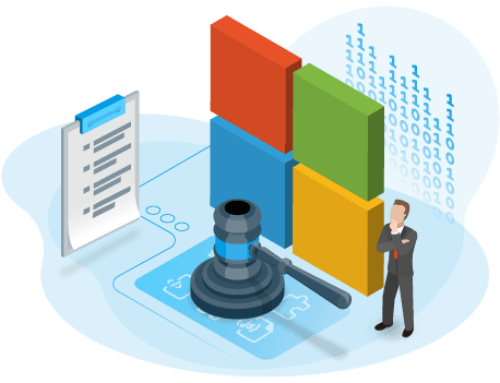As the mercury rises and summertime approaches, law firms can be faced with a new set of challenges when it comes to cybersecurity. While the allure of vacations and relaxed work environments is tempting, legal administrators need to stay vigilant against the ever-evolving landscape of cyber threats. In this blog post, we will shed light on the biggest cybersecurity threat law firms face during summertime and provide valuable insights on mitigating the risks.
The Continuing Threat of Ransomware Attacks
Among the most menacing cybersecurity threats legal firms face during summertime, ransomware attacks take center stage. These malicious attacks involve hackers gaining unauthorized access to a firm’s network, encrypting sensitive data and demanding a hefty ransom in exchange for its release. During summertime, law firms may be more susceptible to ransomware due to staff members working remotely or using personal devices outside the secure office network.
hackers gaining unauthorized access to a firm’s network, encrypting sensitive data and demanding a hefty ransom in exchange for its release. During summertime, law firms may be more susceptible to ransomware due to staff members working remotely or using personal devices outside the secure office network.
Mitigation Strategies:
- Employee Training: Raise awareness among all staff members about the dangers of phishing emails, suspicious attachments and links. Employees must be cautious about clicking on unknown links or downloading files from untrusted sources.
- Secure Remote Access: Encourage the use of virtual private networks (VPNs) and multi-factor authentication (MFA) for remote access to the firm’s network. Ensure that all devices used for work are equipped with the latest security updates.
- Regular Data Backups: Implement a robust backup system to store critical data off-site and regularly test data restoration processes to ensure data can be recovered in case of a ransomware incident.
Social Engineering and Impersonation Attacks
Summertime creates an atmosphere of leisure, and attackers take advantage of this by employing social engineering tactics and impersonation attacks. Hackers may pose as colleagues, clients or other authorized personnel to trick employees into divulging sensitive information or performing actions that compromise the firm’s security.
Mitigation Strategies:
- Verify Identity: Encourage employees to verify the identity of anyone making unusual requests for information or fund transfers through multiple channels, such as phone calls or in-person confirmations.
- Limit Access: Implement strict access controls and privileges, granting employees access to only the information necessary to perform their job duties.
- Two-Factor Authentication: Require two-factor authentication for all sensitive transactions and communications to add an extra layer of security against impersonation attempts.
Unsecured Mobile Devices and WiFi Networks
With summer comes increased travel, and legal professionals may find themselves working from various locations using personal mobile devices. Unsecured WiFi networks, commonly found in hotels, cafes and airports, can expose the firm’s data to potential breaches.
Mitigation Strategies:
- VPN Usage: Emphasize the use of VPNs to encrypt internet connections and protect sensitive information when working on public WiFi networks.
- Secure Device Management: Encourage employees to password-protect their devices, enable remote tracking and wiping options and install security software to safeguard against theft or unauthorized access.
As summertime brings sunshine and relaxation, it also introduces new cybersecurity challenges for law firms. Ransomware attacks, social engineering and unsecured mobile devices represent the most significant threats during this season. Legal administrators play a crucial role in mitigating these risks by implementing comprehensive security measures, conducting regular staff training and fostering a cybersecurity-conscious culture within the organization.
By staying proactive and vigilant, legal firms can ensure a safe and secure summer season, protecting both their clients’ data and their reputations. Remember, cybersecurity is an ongoing journey, and constant adaptation and improvement are the keys to staying one step ahead of potential threats.



